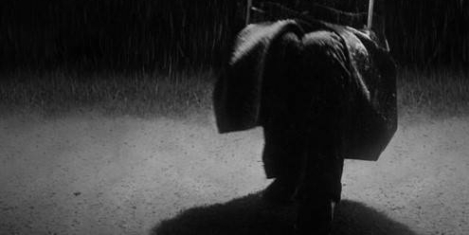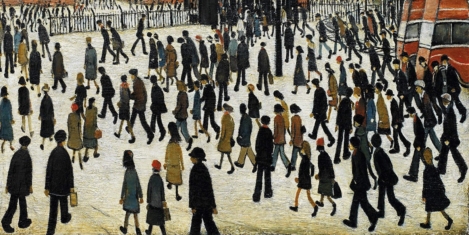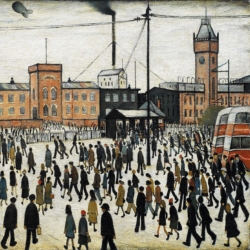November 28, 2025
Time to admit we were wrong about Canary Wharf and other business districts
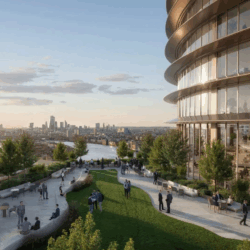 There was a time during and after the pandemic when it looked like time was up for the world’s major business districts. For a start Canary Wharf looked like it would need to completely reinvent itself as firms started to relocate to smaller more central premises. Instead of housing tenants such as HSBC it would focus on becoming a mixed-use space with more homes and leisure facilities. Hell, we even published a feature setting that all out ourselves. But it’s funny how things turn out. The latest news is JP Morgan’s announcement of a vast new headquarters building in the area. The bank, already one of the largest employers in the UK financial sector, has confirmed plans for a three million sq ft tower on the waterfront that will accommodate 12,000 staff and represent an investment estimated at £3 billion. (more…)
There was a time during and after the pandemic when it looked like time was up for the world’s major business districts. For a start Canary Wharf looked like it would need to completely reinvent itself as firms started to relocate to smaller more central premises. Instead of housing tenants such as HSBC it would focus on becoming a mixed-use space with more homes and leisure facilities. Hell, we even published a feature setting that all out ourselves. But it’s funny how things turn out. The latest news is JP Morgan’s announcement of a vast new headquarters building in the area. The bank, already one of the largest employers in the UK financial sector, has confirmed plans for a three million sq ft tower on the waterfront that will accommodate 12,000 staff and represent an investment estimated at £3 billion. (more…)





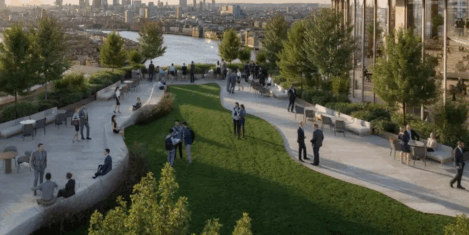


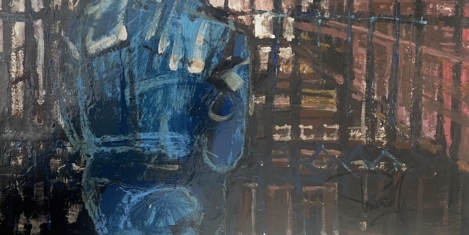
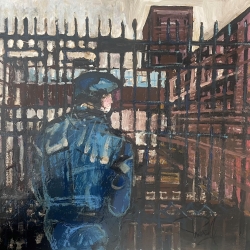
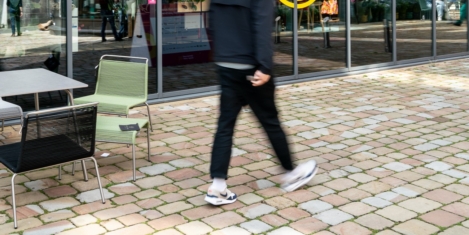
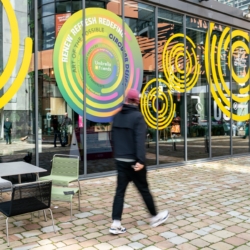
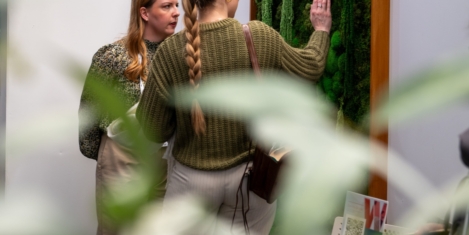
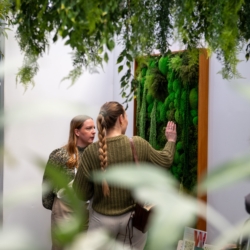
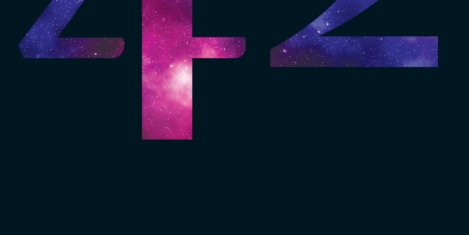
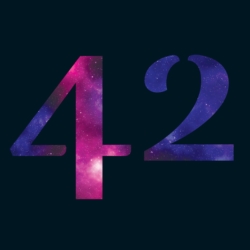

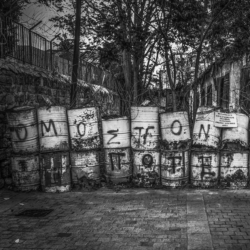
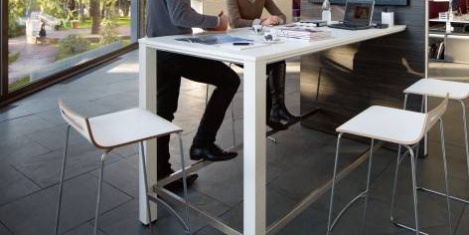
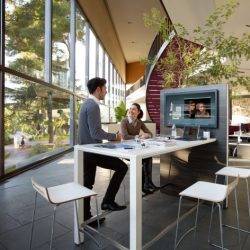

 In 2013, two Australian academics set out to discover the answer to a deceptively simple question. Why is there such a thing as colour psychology, but not shape, line or texture psychology? The answers they come up with are complex, arcane and wide-ranging but they manage to sum them up to some extent in the conclusion to
In 2013, two Australian academics set out to discover the answer to a deceptively simple question. Why is there such a thing as colour psychology, but not shape, line or texture psychology? The answers they come up with are complex, arcane and wide-ranging but they manage to sum them up to some extent in the conclusion to 